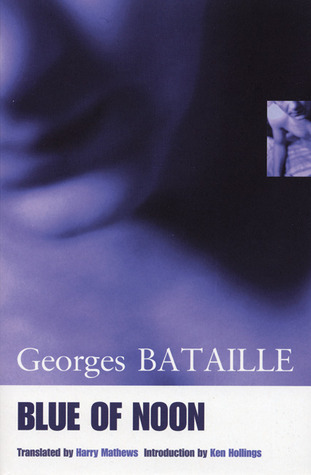
Journey to the End of the Night
Book Description
A relentless plunge into the abyss awaits in 'Journey to the End of the Night,' where the chaos of World War I ignites a harrowing exploration of the human soul. Céline’s disillusioned protagonist grapples with the brutality of war, the absurdity of existence, and the haunting shadows of his past. As he navigates a nightmarish landscape filled with grotesque characters and moral decay, each encounter deepens his existential despair. With every page, the urgency builds—will he find redemption or succumb to the darkness? What price is paid for the truth amid chaos and betrayal?
Quick Book Summary
"Journey to the End of the Night" by Louis-Ferdinand Céline is a searing account of Ferdinand Bardamu’s odyssey through the darkness of the twentieth-century world. From the trenches of World War I to colonial Africa and the industrial hell of American factories, Bardamu is a disillusioned observer, confronting the brutality and absurdity of modern existence. The narrative is marked by dark humor, visceral depictions of suffering, and a pervasive sense of nihilism. Céline’s singular prose—a blend of slang, cynicism, and lyricism—captures Bardamu’s descent into despair while critiquing war, society, and human nature. The novel is a relentless journey through a night without solace, exposing the depths of human folly and the impossibility of redemption in a world governed by chaos and indifference.
Summary of Key Ideas
Table of Contents
The Absurdity and Horror of War
Ferdinand Bardamu’s journey begins in the blood-soaked trenches of World War I. His initial patriotic idealism is swiftly shattered by the unrelenting violence and senseless carnage of battle. The war becomes an emblem of humanity’s collective madness, stripping Bardamu of illusions about heroism or nobility. Trauma and fear dominate as survival becomes his only aim, signaling a life-long alienation from conventional values. This grim initiation sets the tone for the novel’s unflinching confrontation with the futility and savagery of the modern world.
Alienation and Disillusionment
After the war, Bardamu is propelled into foreign colonies in Africa, where exploitation and disease reign. His experiences expose the grotesque hypocrisy of colonial enterprise and the depth of human greed. He encounters various unsavory characters, all pursuing self-interest with ruthless abandon. In this nightmarish landscape, Bardamu’s cynicism intensifies, and his belief in human virtue withers. The colonial episode serves as both a literal and metaphorical descent into darkness, highlighting the corruption and cruelty embedded in society’s structures.
The Corruption of Society
Seeking respite, Bardamu travels to America, only to find a new kind of torment in the mechanized world of Henry Ford’s factories. The relentless rhythm of industrial capitalism dehumanizes workers, reducing them to cogs in a vast, indifferent machine. Bardamu’s longing for purpose and connection remains unmet amidst rampant materialism and alienation. America, far from being a land of freedom or opportunity, exposes the universality of suffering and moral decay—a theme that echoes throughout the novel.
Collapse of Ideals and Humanity
Returning to France, Bardamu trains as a doctor and works in a Parisian suburb, witnessing anew the squalor, poverty, and hopelessness of everyday life. His patients and neighbors mirror the dreary procession of grotesques and opportunists encountered on his travels. Even in this role of healing, Bardamu finds little redemption or solace. Human suffering is inescapable; moments of connection or tenderness are fleeting and often poisoned by selfishness or despair. Céline’s vision of society is unremittingly bleak, its institutions incapable of delivering justice or meaning.
The Search for Meaning in a Hostile World
The novel culminates as Bardamu, ever the antihero, resigns himself to a world governed by chaos and indifference. His odyssey reveals not only the pervasive corruption of social systems but the intrinsic limitations of the human heart. Redemption remains elusive; hope flickers but never ignites. Through Bardamu’s voice—by turns crude, lyrical, and caustic—Céline crafts a masterpiece of existential literature that ruthlessly dissects the illusions of modern life. The journey may end, but the night endures, a symbol of ongoing human suffering and existential uncertainty.
Download This Summary
Get a free PDF of this summary instantly — no email required.





